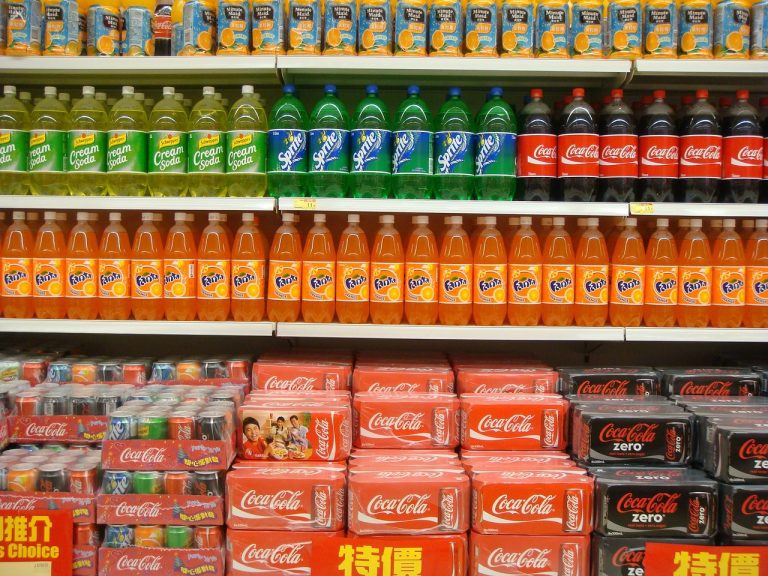With the rising cost of living, inflation and slower wage growth, people have to save money somewhere. One of those ways is switching from big name brands to supermarket own or no-name products.
But will you switch back once things get better?
This is probably the question every big brand owner out there is wrestling with.
Will people come back and pay a premium for a brand name after living with own brand products for so long?
Big brands vs own brands
According to Attest’s food & beverage trends report, 7 in 10 consumers have acquired a taste for supermarket own brand products and have no intention of reverting back to premium brands.
I imagine this to be very true. It certainly is in my case.
Why would I pay £4.50 for a bag of Homefries when I can get a similar sized bag of oven chips for £2.85?
That’s an even more important question when there isn’t as much difference in taste or experience as McCain would have you think.
If the price isn’t going up, the volume or quality is going down. Shrinkflation is everywhere and isn’t going away anytime soon.
From the infamous Toblerone to more everyday products, ingredients are being switched for cheaper ones (looking at you Cadbury) or you’re getting less product for your money.
Do brands do the right thing and highlight this to keep you informed? No, of course they don’t.
So is it any wonder that we feel less loyalty to brands than ever before?
One-way relationships cannot work and this is a case in point. Why would we love a big brand that doesn’t love us back?
The rise of the own brand
I think the arrival of Lidl and Aldi changed how supermarkets viewed their own brand products.
Not all that long ago, own brand products had cheap packaging that marked them out as obvious own brands. Nobody wanted to be seen with them in their trolley, so uptake was modest.
The quality wasn’t that great either, with a marked decrease in taste, texture and overall quality.
The arrival of cheap competition changed this. Cheaper competition that doesn’t play silly price games and that offers a range of products most of us hadn’t seen before from brands we have never heard of.
Now supermarket own brand products easily compete with the big brands.
For a lot less.
Why would we go back? Why would we pay a premium for a brand name on something that won’t last that long?
It’s not like clothes where you can be seen as affluent or loyal to a particular tribe or brand. This is food, something your family will be the main beneficiaries of.
That same survey from Attest also said:
‘Even once inflation eases off and the economy picks up, it seems UK shoppers have little intention of reverting to household brands. Nearly 26% say they would ‘definitely’ stick with own-label brands if price wasn’t an issue, while a further 44.6% ‘probably’ would.
Only 12.9% say they wouldn’t stick with them, although Boomers show the greatest intent to abandon own label.’
Reap what you sow
While this is one survey out of many, it’s not difficult to imagine people across the country thinking the same thing.
Big brands have treated us badly. They have changed product sizes without telling us and/or raised prices, changed to cheaper ingredients and worked with the supermarkets to play silly price games.
As an example of silly price games, how could Actimel cost £3.50 one week and £4.50 the next only to go down again a couple of weeks later?
Or Onken yoghurt, £1.25 one week, £1.75 the next, £1.50 the week after and anywhere in-between for a couple of weeks after that?
There is no way you can put that down to fluctuations in the cost of ingredients or production as that is planned weeks or months in advance.
In fact, the Competition and Markets Authority (CMA) has been looking into brand pricing. They have, so far, found that not all price increases are justified and there’s a definite element of profiteering involved.
Why would we support brands that do that to us?
I for one won’t be returning to the big brands unless they compete better on price and begin treating customers better. What about you?

